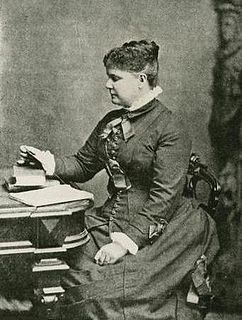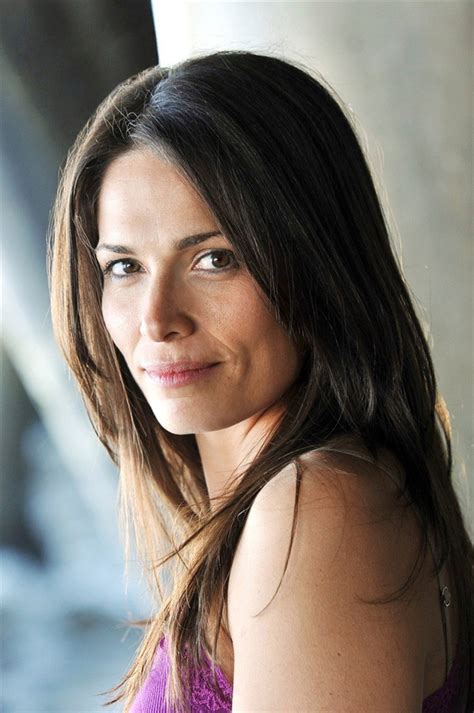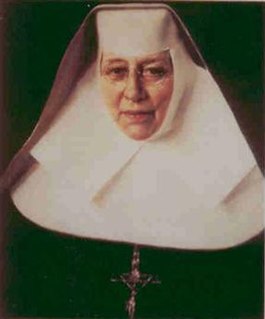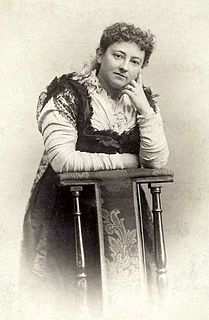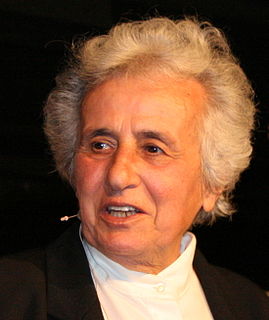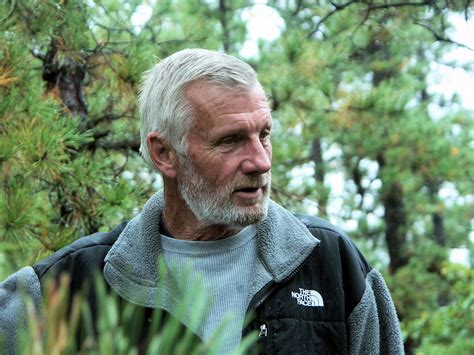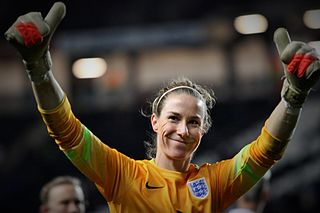A Quote by Friedrich August von Hayek
The Germans would appear as the disturbers of peace, as they already do to some people, merely because they were the first to take the path along which all the others were ultimately to follow.
Related Quotes
Some people will follow their minds without listening to their hearts, and others will follow their hearts without listening to their minds. This is why reason exists, for there to be balance between the heart and mind. We were not meant to follow the mind and ignore the heart. Instead, we were meant to follow the heart over the mind, but without completely abandoning logic. The middle way is the preferred way, and this path simply means to allow your heart to drive you, but do not forget to balance reason with your conscience.
Men follow their sentiments and their self-interest, but it pleases them to imagine that they follow reason. And so they look for, and always find, some theory which, a posteriori, makes their actions appear to be logical. If that theory could be demolished scientifically, the only result would be that another theory would be substituted for the first one, and for the same purpose.
It is the swimmer who first leaps into the frozen stream who is cut sharpest by the ice; those who follow him find it broken, and the last find it gone. It is the men or women who first tread down the path which the bulk of humanity will ultimately follow, who must find themselves at last in solitudes where the silence is deadly.
Auschwitz was one of the wealthiest places in the world. Everyone who was deported there had been in such a hurry that they were only able to take along the things they loved the most. Well, of course, a musician would take along her instrument. But then they would take these precious possessions away from the prisoners once they arrived. All these things were kept in a part of the camp the prisoners called "Canada." It was like a giant warehouse.
I had said that Le Guin's worlds were real because her people were so real, and he said yes, but the people were so real because they were the people the worlds would have produced. If you put Ged to grow up on Anarres or Shevek in Earthsea, they would be the same people, the backgrounds made the people, which of course you see all the time in mainstream fiction, but it's rare in SF.
There are paths and ruts in the spirit world as there are in the physical and mental world. One must take the tools of the spirit world and make one's own path rather than exactly follow the paths of those who once were . . . You must not seek their path and their understanding, but you must seek your own. The ruts of the spirit are trying to follow others and it cannot be done.
If you say, "Would there were no wine" because of the drunkards, then you must say, going on by degrees, "Would there were no steel," because of the murderers, "Would there were no night," because of the thieves, "Would there were no light," because of the informers, and "Would there were no women," because of adultery.
Whenever the early Christians entered a town the power structure got disturbed and immediately sought to convict them for being "disturbers of the peace" and "outside agitators." But they went on with the conviction that they were "a colony of heaven," and had to obey God rather than man. They were small in number but big in commitment. They were too God-intoxicated to be "astronomically intimidated." They brought an end to such ancient evils as infanticide and gladiatorial contest.
The first comedians I became fascinated with were the Marx brothers. I couldn't get enough of them. Later in life, I thought, "Well, maybe it's because they were so rebellious and they were just flipping the bird to society and all the rules we're supposed to follow." They were saying that none of it is fair.
Some of the biographies [of princess Margaret] were really sensationalist, News of the World sorts, but they were great because they also gave first and secondhand accounts of her at home. The butlers come forward and give little moments, some of which you discard and some which ring somehow true and you use.
There were some coaches, some teammates, some sports psychology people who I could trust and rely on. They were very important to keep me focused on the right things - the things which would be beneficial to me instead of catastrophising things and worrying about things which were not in my control.
Harvey wasn't interested in the clothes, it was the masks that mesmerized him. They were like snowflakes: no two alike. Some were made of wood and of plastic; some of straw and cloth and papier-mâché. Some were as bright as parrots, others as pale as parchment. Some were so grotesque he was certain they'd been carved by crazy people; others so perfect they looked like the death masks of angels. There were masks of clowns and foxes, masks like skulls decorated with real teeth, and one with carved flames instead of hair.

